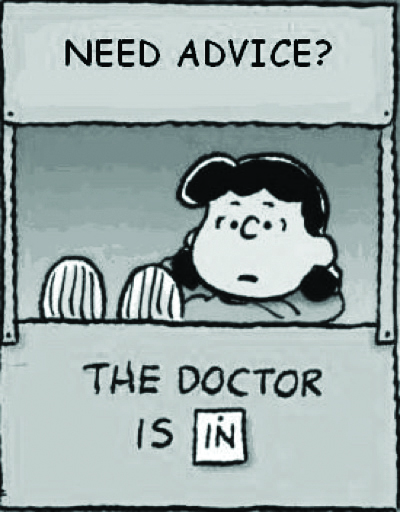It’s no secret that college is a stressful time, between the first tastes of adulthood, to a heavy workload to the general stresses of life. But a common occurrence in every generation is lack of coping skills. Unfortunately, this inability to cope can reach detrimental levels and result in destructive behaviors, such as binge-drinking, self-harm or substance dependency.
How does one avoid these kinds of difficulties? By developing coping abilities. Everyone needs a way to cope, but doing so healthily is the rub. So, here are a few ideas on working through stress in a healthy way.
Exercise. Exercise is not only good for keeping your body healthy, but there are significant psychological benefits to doing so. According to appliedsportpsych.org, a few mental benefits of regular exercise are increased feelings of energy, reduced stress and decreased depressive symptoms. But how does this change happen? Mayoclinic.org reports that it occurs through the increase in endorphins, which makes you feel good. This neurochemical reactions causes a decrease in stress hormones, which is exactly why it’s a fantastic way to cope.
Arts and crafts. If Bob Ross taught us anything, it’s that anyone can be an artist, and that art is a way to chill. Although there hasn’t been much scientific research into chemical changes while doing arts and crafts, art therapy is not an uncommon or unfounded practice. Painting, sketching and crafting are excellent ways to convey feelings that are harder to articulate. Art is also a great distraction, so when you’re in a calmer state, you’re better able to solve whatever problem is occurring. Art is also sometimes a way to work out aggressions; by “painting what you feel,” one is able to let off some steam in a non-harmful way. It’s because of these reasons that art therapy is used, and it’s a creative way to cope with various stresses.
Journaling or keeping a diary. Although it seems preteen-esque, it’s a fantastic way to analyze and solve problems or deal with stress. By writing out a problem and rereading that writing, we’re better able to articulate our feelings, determine stressors and find solutions. It’s also a way to vent aggressions without upsetting anyone or creating conflict. This is also a very simple way to cope; all you need is a pen and paper. It’s not uncommon for counselors and therapists to recommend this exact practice to patience, as it also allows one to track moods, identify repeating stressors and develop problem-solving abilities.
Talking to someone. This is often the most difficult and most effective way of coping. Sadly, our society considers openly discussing problems a sign of weakness. But if anything, it’s a sign of strength. If your stress persists, or you are noticing signs of a more serious problem, you should tell someone. The Wellness Center on campus offers counseling services and students are encouraged to utilize this amazing resource.
A common misconception is that only the mentally ill go to counseling, but this is simply not true. Anyone can go to counseling, and it offers many benefits. It acts as a support system, a guide to betterment and somewhere to go to when you’re unsure of who to talk to. Counseling is a great way to cope, particularly when you need support.
All in all, having healthy coping strategies are critical for a healthy mental state. There are many ways to cope in a healthy way, and these are only a few. Through learning to cope, one can learn to problem solve and lead a healthier life.
bonavent@sbu.edu





